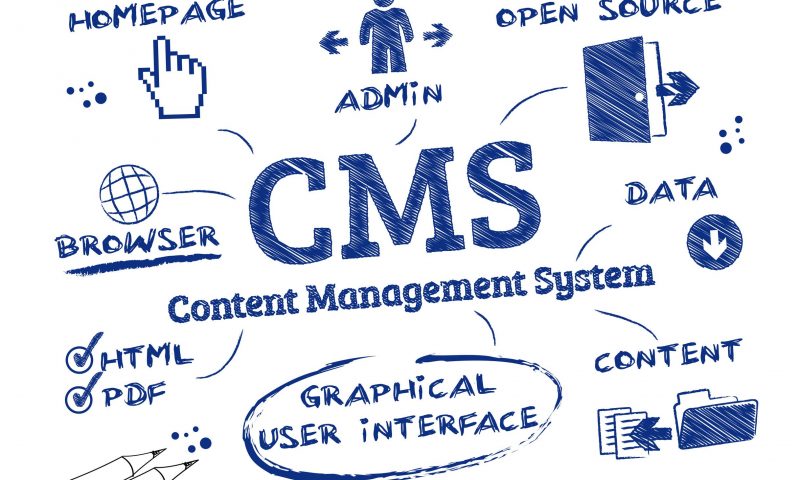The most common option is development on CMS-platforms.
Content Management System is a software product that serves to develop standard types of sites. Almost all CMS are modular, and the modules of many of them are collected in sets (or editions), intended for those or other types of websites. There are boxed CMS for simple sites, catalogs, online stores, blogs, news portals and just about any other kinds of websites.
Most of the small and medium-sized sites are built on CMS-platforms, since this is the most
economically feasible approach: the requirements for such sites are technically low and common modules are built into the CMS usually popular ones that satisfy the business requirements of the project.
You can, for example, develop commercial sites on UMI.CMS and 1C-Bitrix. These are domestic commercial CMS-platforms, which have been used for many years to create sites and have proved themselves well.
The most flexible and most powerful platform is the framework.
Framework is a software product that serves as the basis for a website, usually does not contain ready-made software modules for implementing specific business processes. In technical terms, the framework is a lower-level solution than CMS. Developers. When creating a site on a framework, you create not only the public part of the site, design a database, develop algorithms for system modules and create an administrative interface for the projects management team. The increasing levels of serious programming projects and the lack of those with this knowledge makes the development more expensive, but the result is more unique.
This type of platform uses almost all major web projects (only a very small part of really serious projects are built on the CMS), also the vast majority of web applications and web services (box solutions for unique business processes simply do not exist, and using framework is not a very suitable CMS as a basis for customization will greatly complicate the development).
You can develop serious web projects on using the Ruby on Rails framework. This framework allows you to create more complex sites, business applications and web services. The speed and load resistance of such solutions is an order of magnitude higher (compared to CMS), while the attendance and cost of ownership are not much different.
CMS Platforms
CMS on the market there are many and each is very different:
- There are both free and pay;
- They are boxed and self-written;
- Most of the CMS are universal, suitable for almost any commercial site;
- Some CMS are very specialized – they’re suitable mostly for blogs or only for social media.
Frameworks
Frameworks is a platform for complex sites or web applications. Best suited for creating
websites and web applications for an individual projects. Performs quickly and handle severe usage stress. One should be prepared for the fact that when choosing a framework as a development platform, it will take more time and resources to spend on developing business logic, this is the price one pays for flexibility.
SaaS platforms
There’s been an increased number of projects developed on SaaS platforms and is gaining
momentum. SaaS-platform provides the ability to launch a fairly simple web project very quickly and extremely cheaply (moreover, on a lease basis). The solution is suitable for simple sites, temporary projects and for testing business ideas. SaaS-platforms, like CMS, are site specific (only for online stores, for example) and universal (for all typical types of sites).
